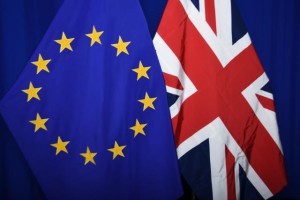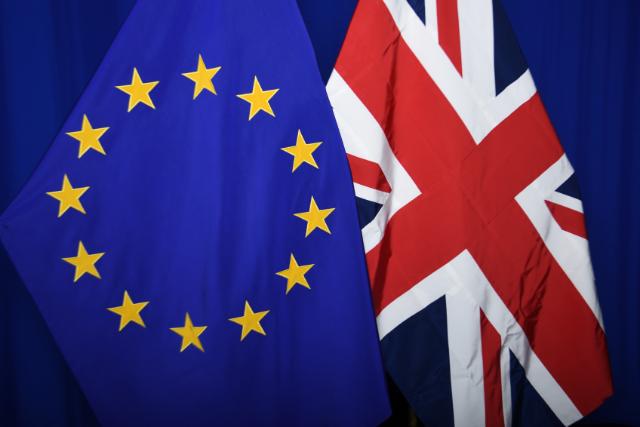UK government proposals for a temporary customs union to smooth the Brexit transition have received a cautious welcome from industry.
 The Freight Transport Association described it as a “step in the right direction” but it warned that some careful negotiation would still be needed to ensure that British businesses are able to trade freely and easily post-Brexit.
The Freight Transport Association described it as a “step in the right direction” but it warned that some careful negotiation would still be needed to ensure that British businesses are able to trade freely and easily post-Brexit.
The UK government is proposing a temporary customs union after the UK leaves the EU in March 2019. But it also wants to be able to negotiate its own international trade deals during this period – something that is not possible at the moment.
“The government has recognised that it cannot drive the British economy off the cliff edge of Brexit,” said deputy chief executive James Hookham, “but to secure the best possible deal for British business will take skill and understanding of how trading relationships work, to obtain the buy-in of the rest of the EU27 countries, as well as the EU’s own bureaucrats.
“The logistics industry has clearly identified its needs if trade is to continue in a frictionless manner with the EU and the rest of the world, and the government owes it to British trade and industry to work with us to ensure that these arrangements can be introduced as part of the final Brexit deal.”
* Software giant SAP has also welcomed the proposals. Mark Holder, industry director of public security, said: ““SAP welcomes greater transparency and collaboration from the UK on its future ambitions and will be working closely to support our customers in preparing for the future transition.
“Ultimately if needed, a post-Brexit, NI / Ireland border needs to be a low touch, soft, ‘virtual border’ that avoids physical border controls on people and goods as much as possible. From a technology point of view a flexible, adaptable and scalable real time data platform will be the key to simplifying operations, and making them secure.
“A real time data platform should underpin key components needed for a safe, soft border: a real time Border Operations Centre; provision of risk assessed real time data to a border officers mobile device; streaming of real time data from sensors and cameras to trigger real time alerts; intelligence to predict and pre-empt threats in conjunction with border and law enforcement agencies, said Holder.
Rod McKenzie, the RHA’s director of policy and public affairs, said: “Ministers said the plans would mean the ‘free-est and most frictionless possible trade’ with Europe. This could include a ‘temporary customs union’ after Brexit to prevent border problems.”
“We’ve been desperately worried about the UK’s supply chain being disrupted by Brexit,” Rod McKenzie continued. “Today’s news is encouraging but we will carefully follow the detail to ensure we get the best possible customs arrangements for the UK haulage industry.
“If we don’t get this right, people will see empty supermarket shelves and huge traffic jams around the ports.
“The ideal scenario for us would be a transitional arrangement that looks and feels the same as the customs arrangements we have now and we are looking to ministers to deliver that in the forthcoming negotiations”.
BIFA has said that it isn’t a surprise that the paper focuses on possible trade and customs arrangements post-Brexit. Robert Keen, director general of the association, said: “Having read and digested the paper thoroughly, BIFA believes it shows for the first time that there now appears to be a united position in the Cabinet in favour of a more businesslike approach to Brexit and the need to facilitate trade with the EU.
“BIFA policy ever since the 2016 Referendum has favoured retaining something as close to the Single Market as possible. In reality, certainly since the 2017 General Election, this has meant remaining in the Customs Union or something as close to it as possible, preferably in the long run but certainly during any implementation period, after the UK leaves the EU.
“That message has been central to the many discussions that BIFA has had with those in Government and we welcome the fact that the document acknowledges the work put in by ourselves and other trade associations to help increase awareness of the issues and potential impact of the introduction of tariff and non-tariff barriers.”
However Keen said that the paper cannot address the fact that: “ so far, the EU has made clear it will not discuss Britain’s future trading relationship – including customs arrangements – until it has reached agreement on several key issues, including the terms of the financial payments Britain will make on exit, the rights of citizens, and the future status of the border in Northern Ireland.
“To accommodate any of the proposals laid out in today’s paper, EU negotiators would have to change that stance and it will be interesting to see if that happens, or whether those on the EU side of negotiations determine that the UK is trying to have its cake and eat it.”







